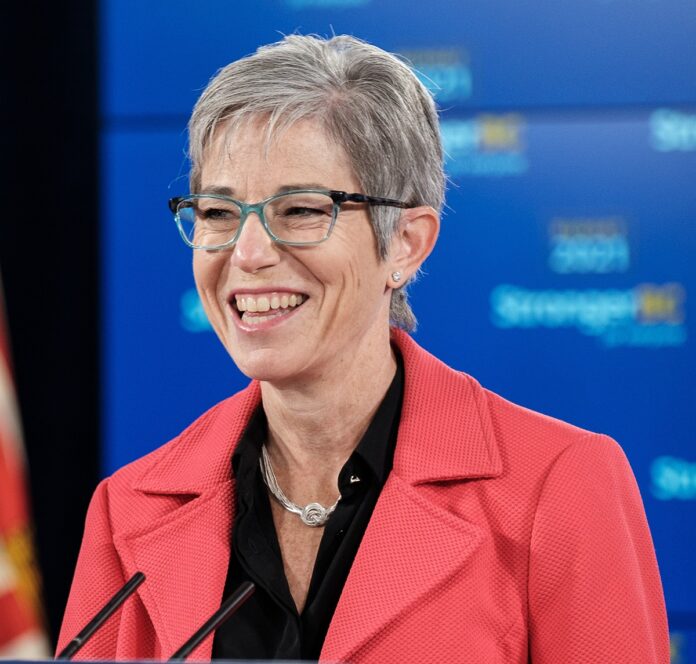AN enhanced Climate Action Tax Credit landed in people’s bank accounts last week as a one-time payment to help support people facing affordability challenges.
“Life is more expensive for people and families right now, and some are experiencing the weight of inflation on their household budgets more than others,” said Selina Robinson, Minister of Finance, on Thursday. “This enhanced payment is one of the best ways we can get money into the pockets of people who need it most, right now, so they have some extra help with the increased costs of essential items like groceries or gas.”
The maximum amount for the enhanced Climate Action Tax Credit for low- and moderate-income people in B.C. is up to an additional $164 per adult and $41 per child. This means a family with two children received up to an additional $410 on October 5. Eligible individuals automatically received the payment on behalf of the Province through the Canada Revenue Agency if they had completed their 2021 income tax return.
The enhanced payment was announced in September 2022 as part of a series of next steps in helping people with the cost of living due to global inflation. The payment was one of the quickest ways government could deliver support to British Columbians, totalling more than $500 million and providing relief to more than 85% of people in B.C. through a full or partial credit. This will help offset some of the additional costs people are facing, said the Province.
The Province is putting more money in people’s pockets through other measures by boosting the BC Family Benefit by up to $175 per child from January 2023 to March 2023, capping rent increases below inflation at 2% for 2023, supporting families in need with back to school expenses and working to deliver a BC Hydro rebate. More details will come in the fall.
The province said the Climate Action Tax Credit was created to help offset costs for low- and middle-income people and families, while ensuring B.C.’s carbon tax can continue to help to pay for programs, services and infrastructure to further B.C.’s climate change initiatives, and funds important active transportation options like BC Transit and TransLink.












